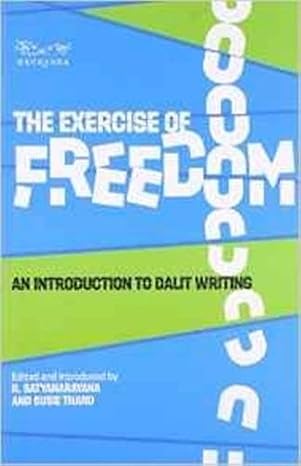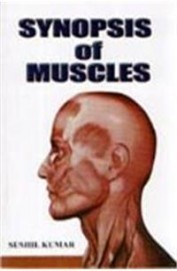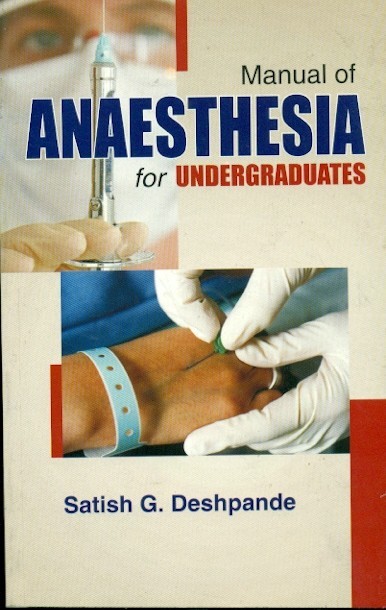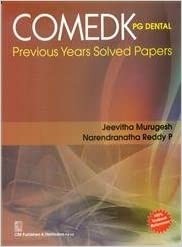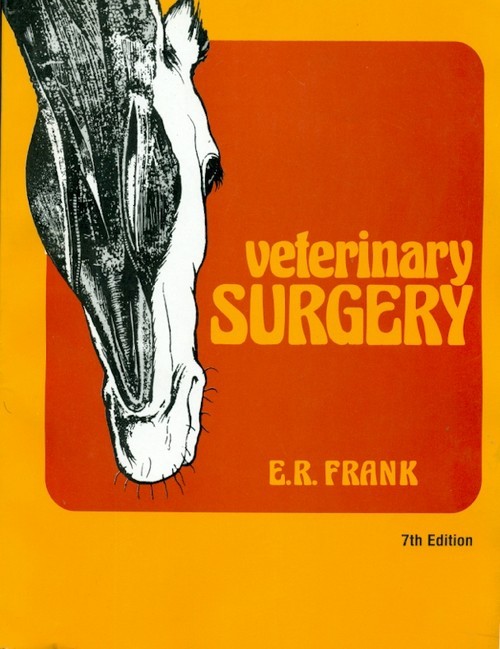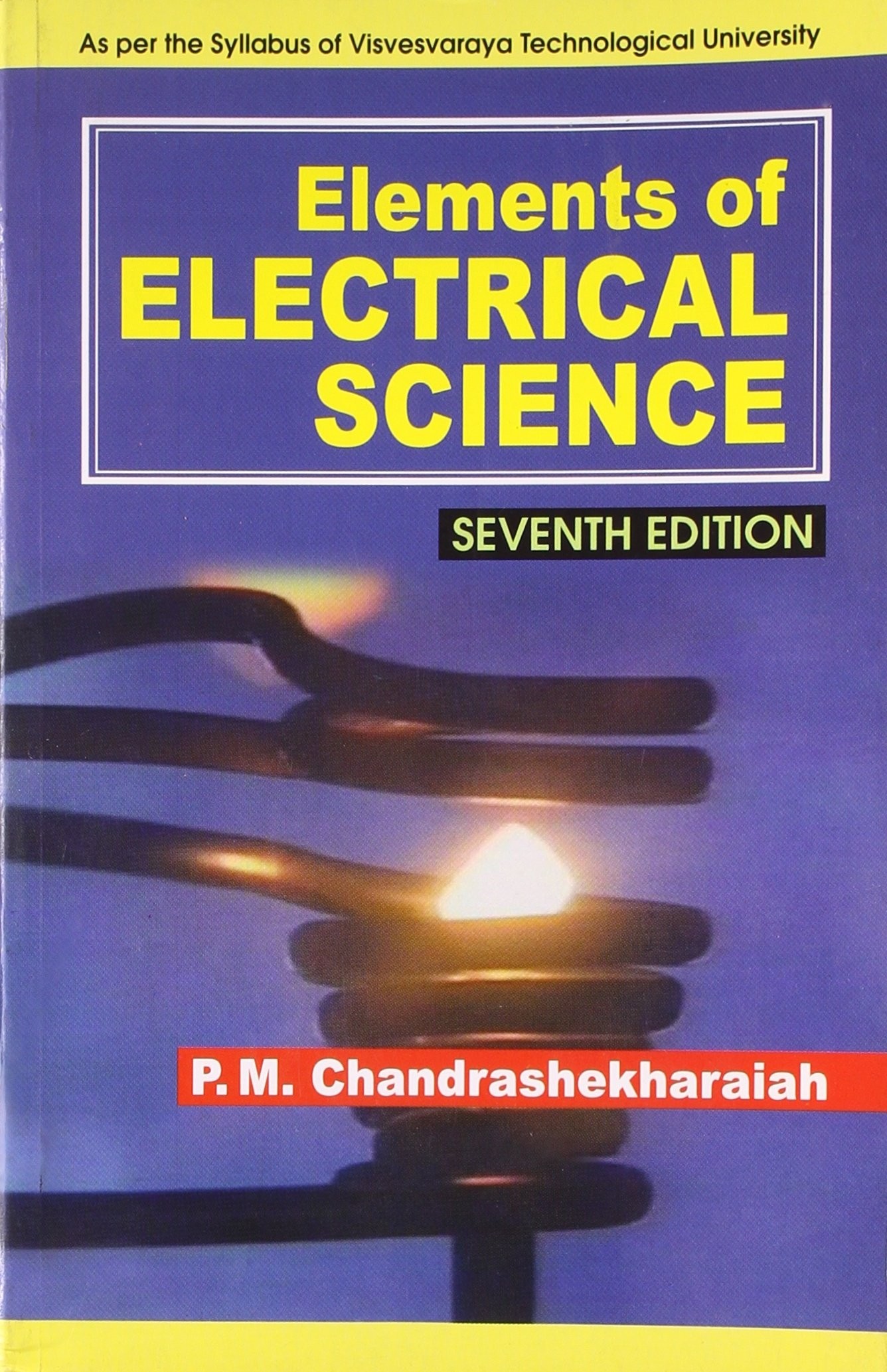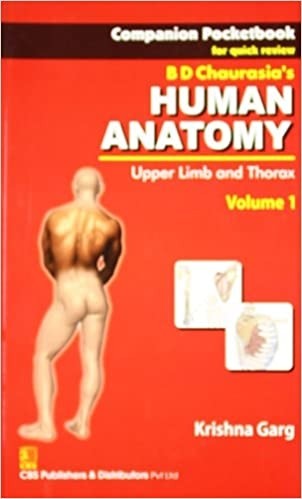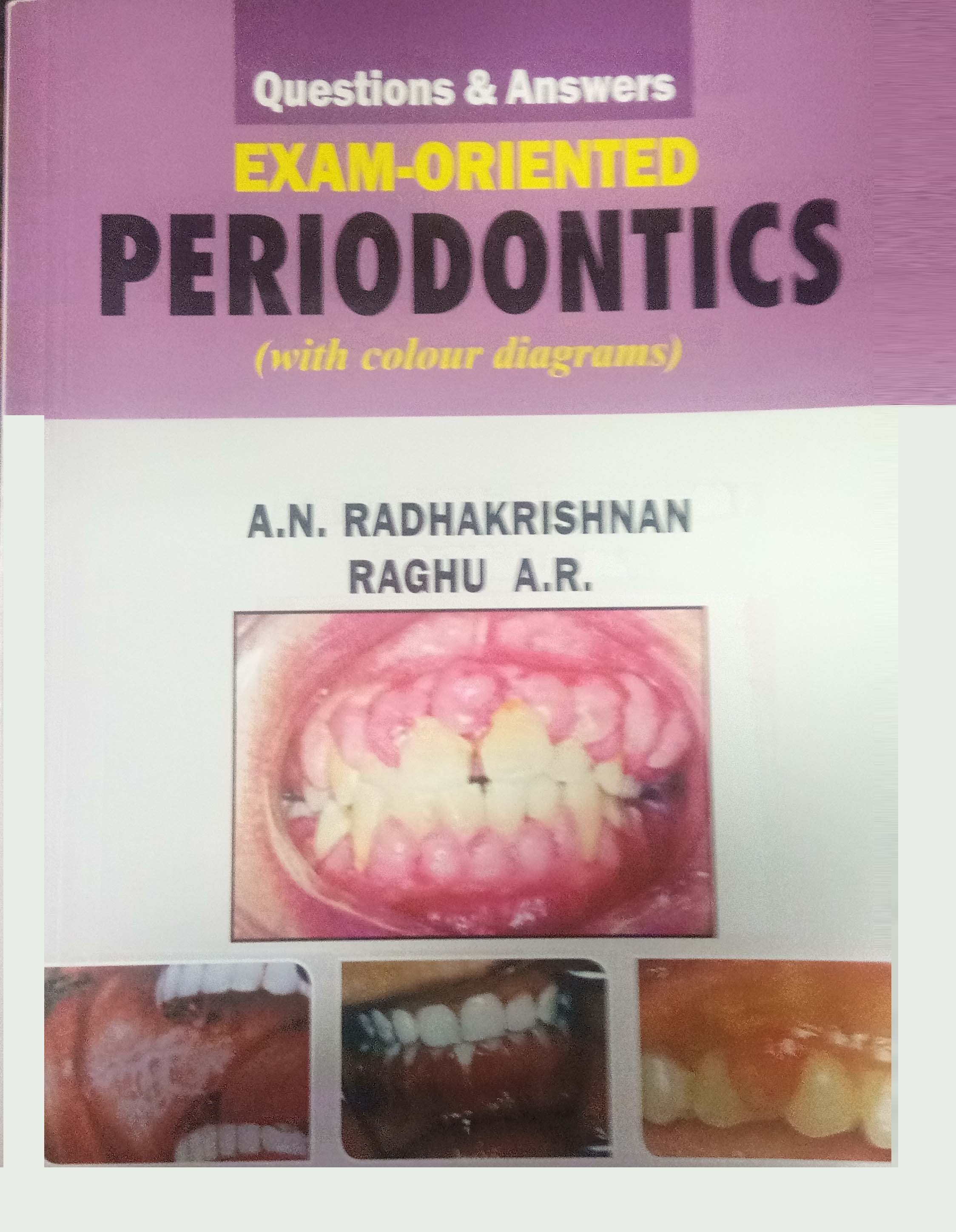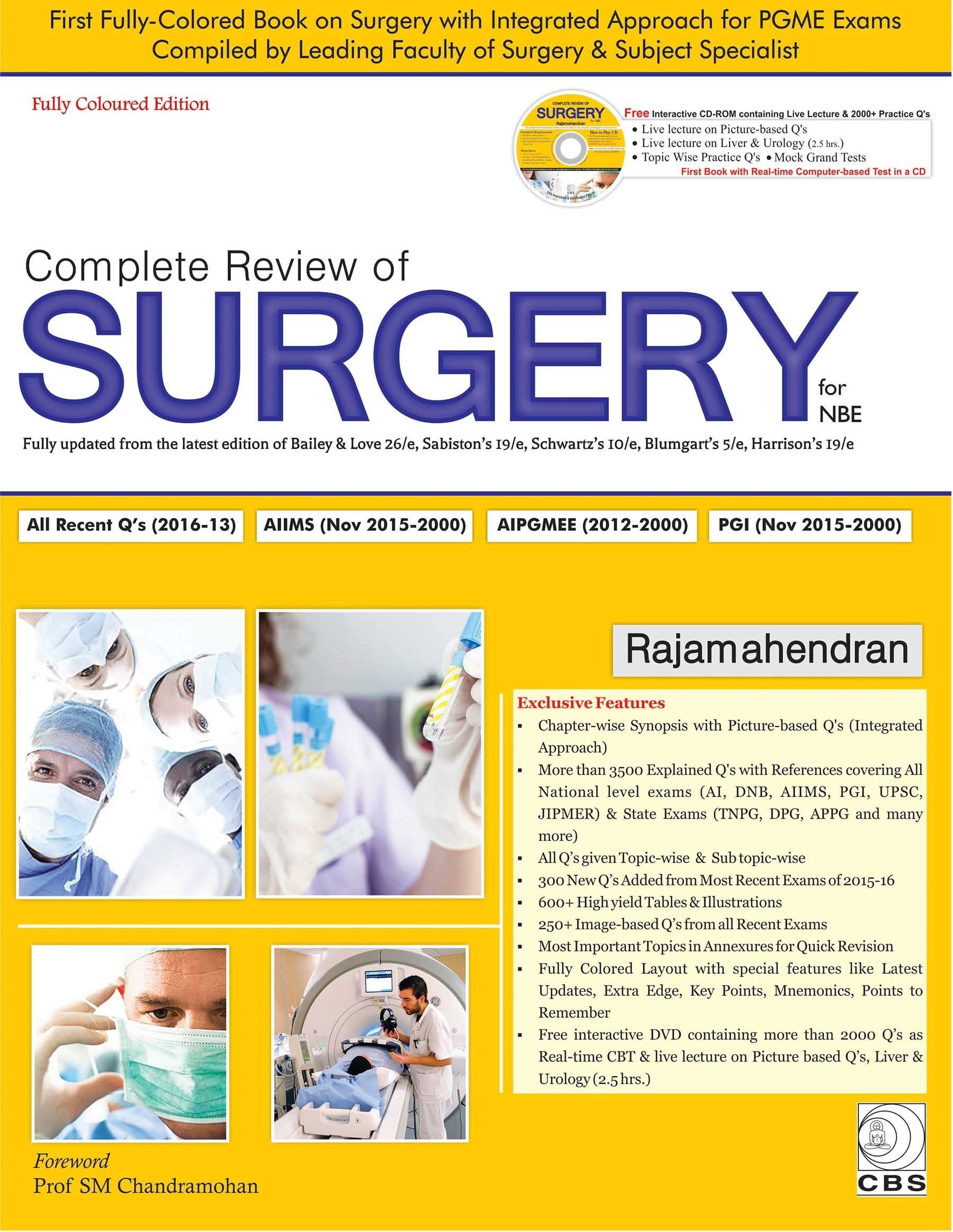The Exercise of Freedom : An Introduction to Dalit Writing
This anthology, for the first time, showcases the best of dalit writing from across India: B.R. Ambedkar to Devanoora Mahadeva, Chentharassery to M.M. Vinodini. The editors argue that dalit literature is not merely a literary practice or a trend but a social movement invested in the battle against injustice; it is the exercise of freedom. This literature encompasses diverse forms of intellectual and creative work by those who, as untouchables, are victims of economic, social and cultural inequality. Dalits bring points of view, interests, insights and directions that grow out of their experience and their aspirations. Over the past few decades dalit literature has transformed the understanding of untouchability, caste and the nature of Indian society and politics. Susie Tharu is professor in the Department of Cultural Studies, EFLU, and a founder member of Anveshi, Research Centre for Women’s Studies, Hyderabad. She is the author of several influential papers on literary and cultural theory and history. She has been active in the Indian women’s movement and is a member of the Subaltern Studies Collective. Tharu is co-editor of the two-volume anthology Women Writing in India, as well as No Alphabet in Sight and Steel Nibs are Sprouting. K. Satyanarayana is Associate Professor in the Department of Cultural Studies, English and Foreign Languages University (EFLU), Hyderabad. Active in the student movement during the 1990s, he was founder-general secretary of Kula Nirmoolana Porata Samiti (Forum for Caste Annihilation). He also edited the little magazine Kulanirmoolana. His research interests are in the field of dalit studies and literary history. He is co-editor of No Alphabet in Sight and Steel Nibs are Sprouting, two comprehensive anthologies of dalit writing from South India. ... Read more Read less
no information available

